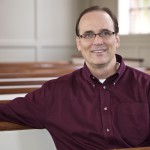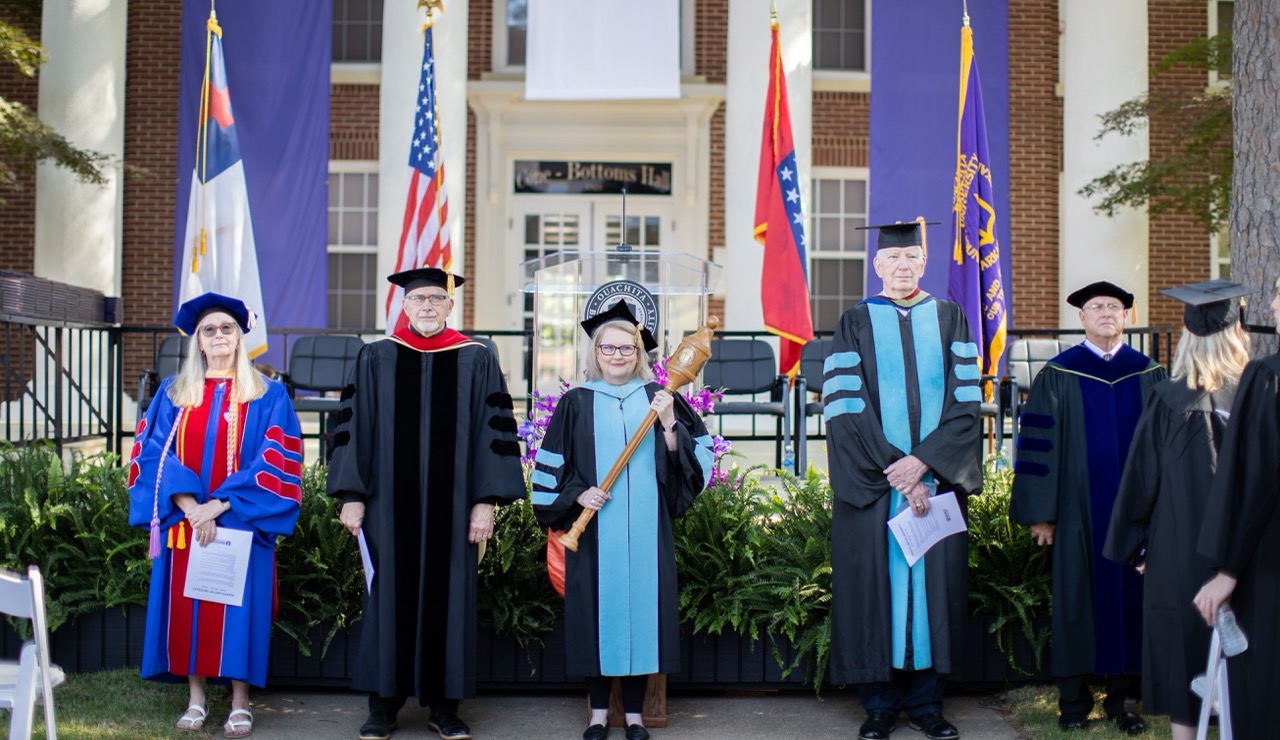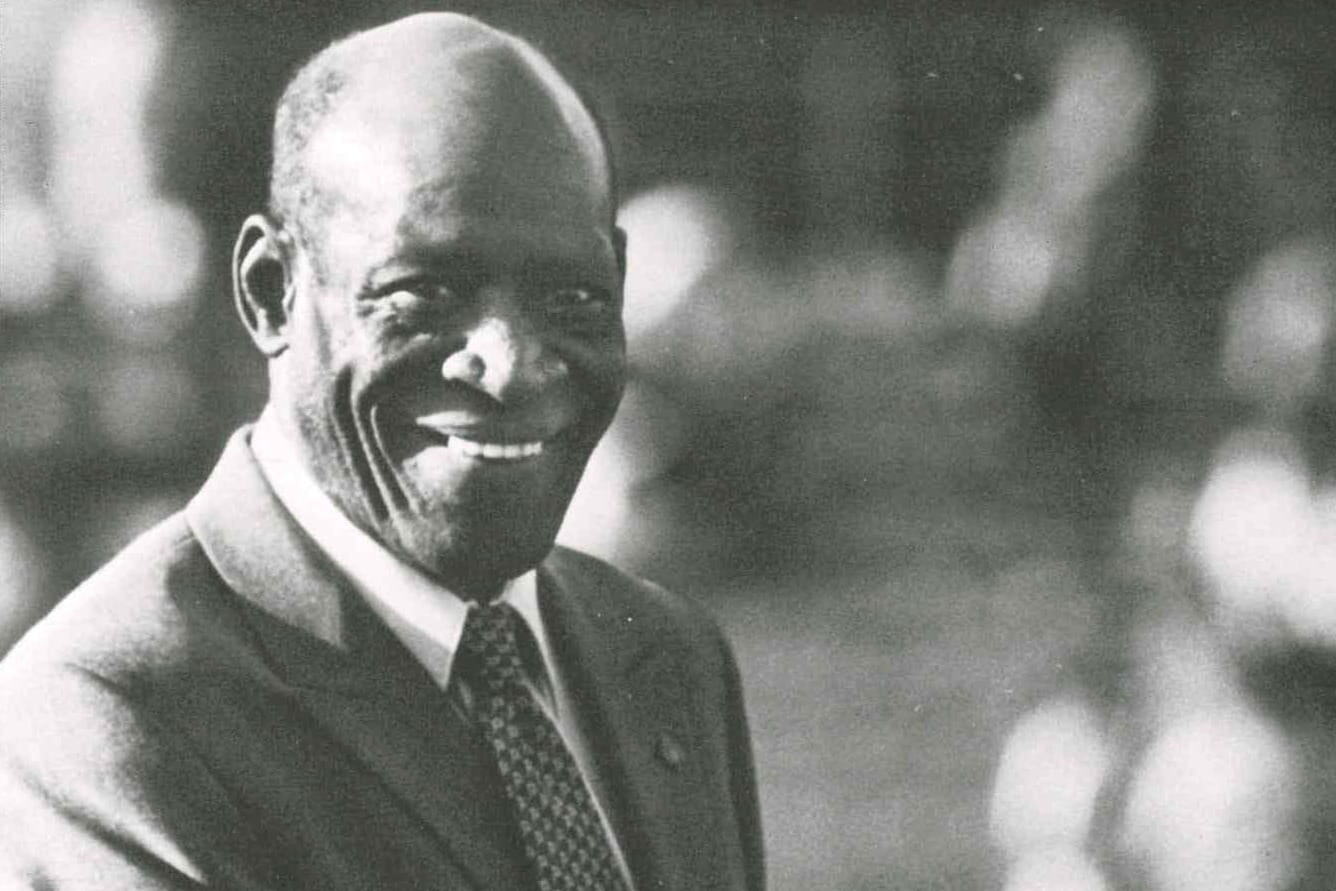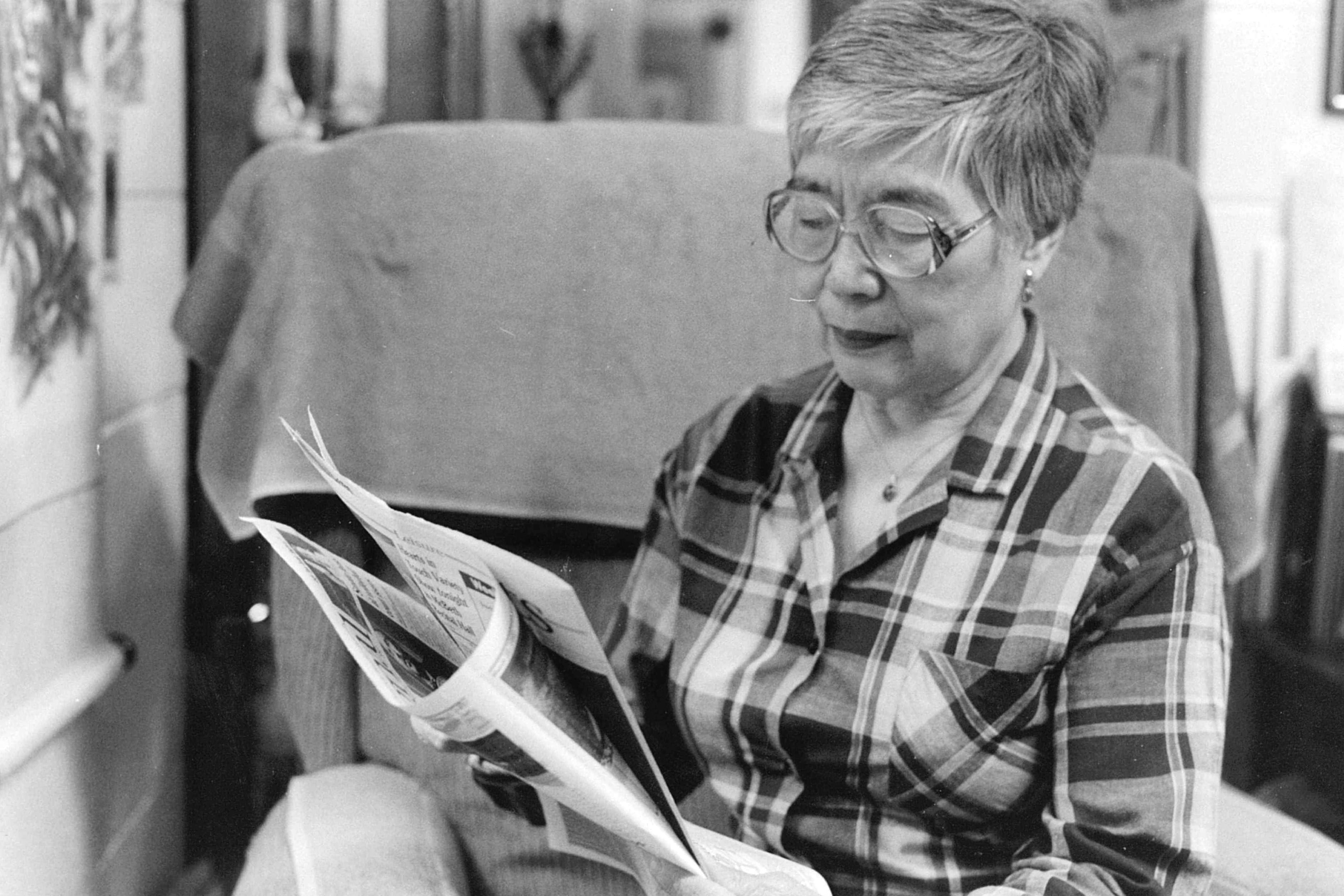Distinguishing between calling and career
For a life of meaningful work
 May 15, 2019
- J. Scott Duvall
May 15, 2019
- J. Scott DuvallEvery semester I pass on to my Spiritual Formation classes an important distinction that has helped me think about meaningful work. These are usually first- and second-year students with a lot of questions. So, I add more questions to the pile. I begin by asking them things like, “Why did you come to college anyway?” or “Did you come to college just to make more money with a better job?” or “Are there any other reasons you want a college degree?” or “Why do your parents want you here?”
Honestly, I came to college and doubled majored in business administration and economics in order to make more money. Sounded good to me. But near the end of my time at Ouachita, I began to think less about money and more about purpose. I think my summer at the Arkansas Baptist Children’s Home in Monticello played a key role in that shift in thinking.
Years later, I came across an important distinction between calling and career. Gerald Sittser, a professor of church history and theology at Whitworth College, pointed me in this direction. He’s been voted Most Influential Professor at Whitworth 10 times by the senior class. He also has lived through the tragic loss of his mother, wife and daughter in the same car accident and still lives with a strong Christian faith. First-rate academic credentials and a faith refined by suffering – he had my attention.
A career is a particular line of work that requires education or training, earns an income and keeps our society running. Careers are important. You need a career because you do need to make a living. For many students, this is their parents’ main concern, perhaps their only concern.
But there is something bigger, something even more important than making a living. A calling is a person’s God-given purpose for living. Our calling speaks of how God wants us to use our time, energy, resources and abilities to carry out his purposes in this world. A life calling does not necessarily mean a religious career.
Calling and career overlap but they’re not the same thing. A career is often central to how we fulfill our calling, but it’s only part of a person’s calling and, at times, may play only a minor role. A calling is sometimes fulfilled outside of one’s career (e.g., volunteer service or how we live in our families). Our word “vocation” actually comes from the Latin term for “call” (vocatio). The idea of a vocation or calling is strongly tied to the Christian faith. A career comes to an end at retirement, but a calling does not. You may change careers multiple times while striving to live out your calling. You can lose your job, but you can’t lose your calling!
Here are some examples of how career and calling overlap and how they are different (Sittser, The Will of God As a Way of Life, 165-168):
- Managing a sporting goods store is a career; challenging people to use their leisure time to find refreshment and renewal in God’s creation is a calling.
- Teaching social studies at a junior high school is a career; providing instruction, support and wisdom to adolescents going through a difficult stage of life is a calling.
- Serving as a secretary is a career; organizing an office so that matters are handled accurately and efficiently but never at the expense of people is a calling.
My personal calling is to help people grow in their relationship to Jesus Christ, His people and His word by understanding and living out the Scriptures. I have three careers presently: professor at Ouachita, writer and part-time pastor at Epoch Church in Little Rock. But I could change careers and still faithfully live out the same calling. That’s the liberating beauty of this distinction.
A calling is the work you know God wants you to do. God seems to have shaped you for this very work. It fits you. You love it. It’s what you were made for. It’s truly meaningful work. We need a career to make a living, but we need a calling to really live! Most people have careers, but many (especially at my age) are still searching for their life calling.
This distinction can also help us live faithfully and meaningfully in our present jobs. In my case, it’s a blessing to have a career at a university that values calling. But like any other career, there are challenges and victories, good days and bad, twists and turns, ups and downs, surprises. That’s okay. It’s expected. It doesn’t diminish our God-given calling. Because walking with God faithfully in your calling supersedes any bad – or good – day in a career, even if it’s on a beautiful, Christian college campus.
Distinguishing between calling and career can bring much-needed perspective. I’m an introverted, reflective type. When tempted to move in the direction of frustration, complaining, bitterness, etc., remembering my calling can right this tendency and allow me to rise above my own emotional mess to something higher. I don’t have to be in charge. I need to receive criticism with grace. I don’t have to like it and so on. I’ve found that I can serve the Lord most faithfully at Ouachita by being attentive to my career and seeking to do it with excellence, while simultaneously making my primary calling from the Lord the focus. Sometimes you can love something even more by learning to love it a bit differently.
If you have never taken time to write down your life calling, I leave you with a few questions:
- What are your gifts and abilities? What is one strength that is closer to the core of your being than any other?
- What do you love to do? What gives you the greatest joy? What can you do well that will bring the greatest benefit to others?
- If you had all the money in the world, how would you spend your time?
- Where do you sense the needs of this world and feel the brokenness of God’s creation the most?
- What is your community telling you?
- What has God prepared you to do through your various life experiences?
I encourage you to take some time in the next few days to reflect on these questions. I pray this distinction between calling and career will bring a renewed hope and a fresh perspective as you seek to be faithful in this place God has you.
 Dr. J. Scott Duvall, J.C. and Mae Fuller Professor of Biblical Studies and chair of
the Department of Biblical Studies, has taught in Ouachita’s Pruet School of Christian
Studies since 1989. A 1980 Ouachita graduate, he also earned a Master of Divinity
degree from Southwestern Baptist Theological Seminary and an M.A. and Ph.D. from the
University of Arkansas.
Dr. J. Scott Duvall, J.C. and Mae Fuller Professor of Biblical Studies and chair of
the Department of Biblical Studies, has taught in Ouachita’s Pruet School of Christian
Studies since 1989. A 1980 Ouachita graduate, he also earned a Master of Divinity
degree from Southwestern Baptist Theological Seminary and an M.A. and Ph.D. from the
University of Arkansas.
Photo by Andy Henderson
- Tags:
- Career and Calling
- Circle
You Also Might Like
Recent
Ouachita reports Spring '26 enrollment, led by 50% increase in graduate students
February 11, 2026





